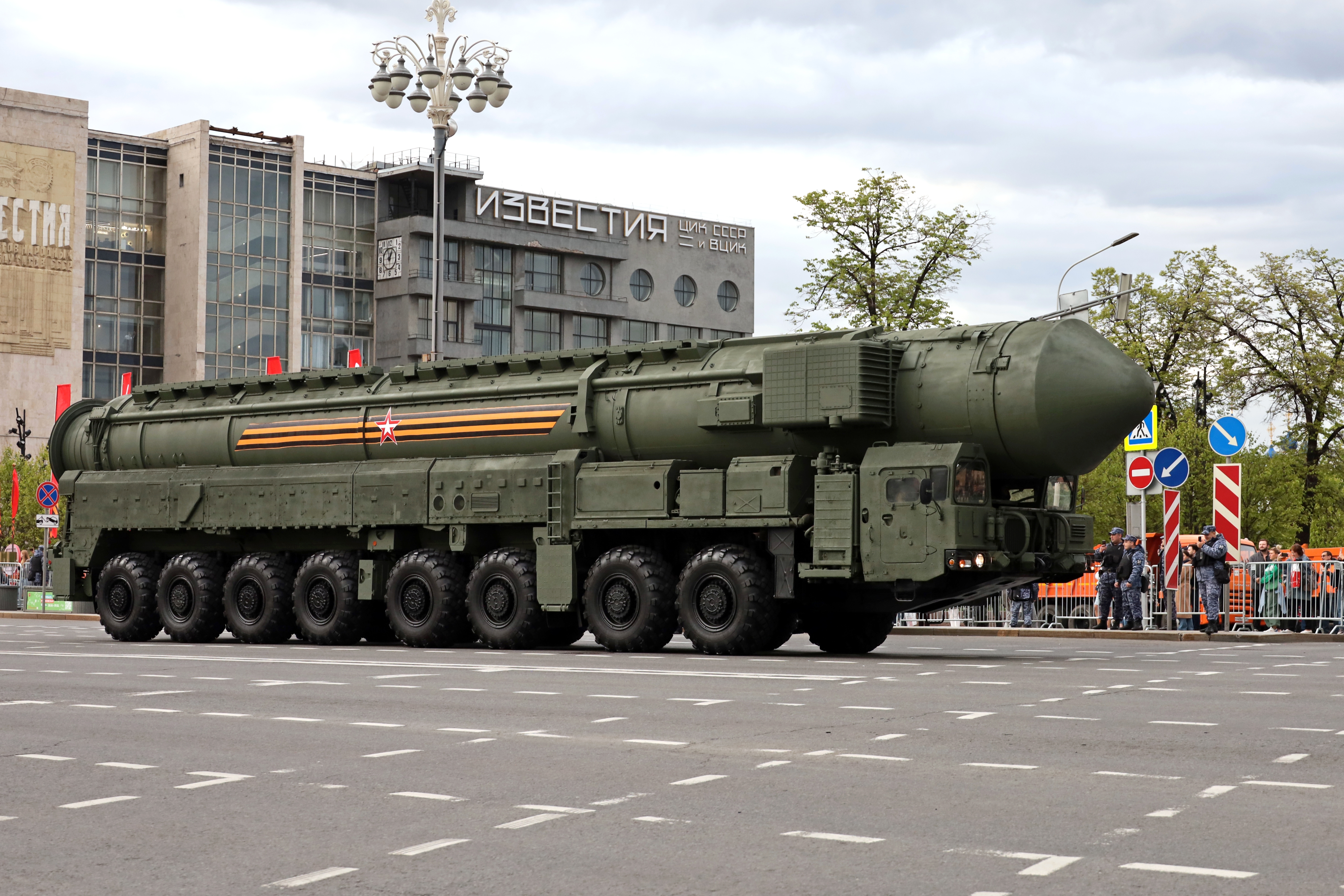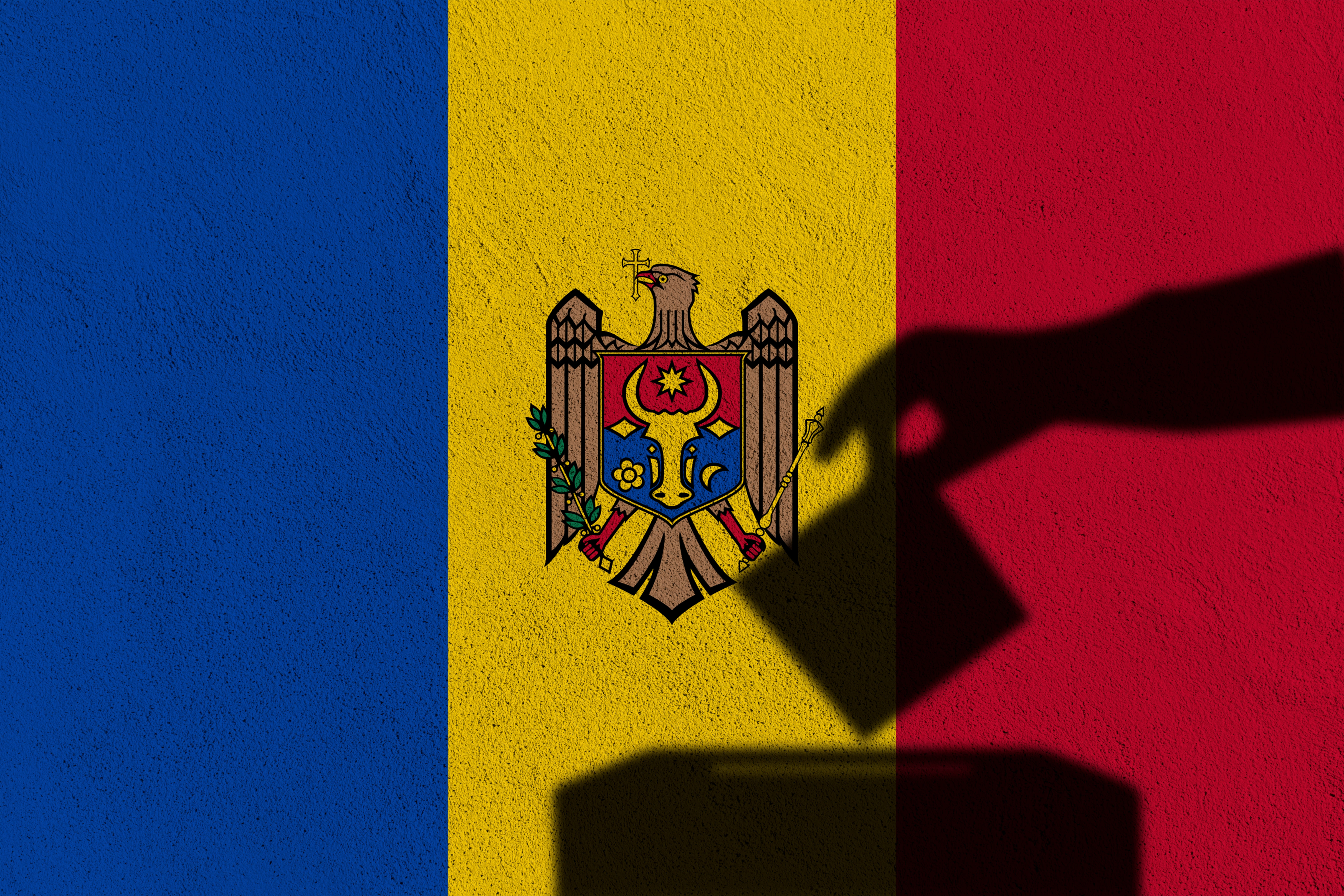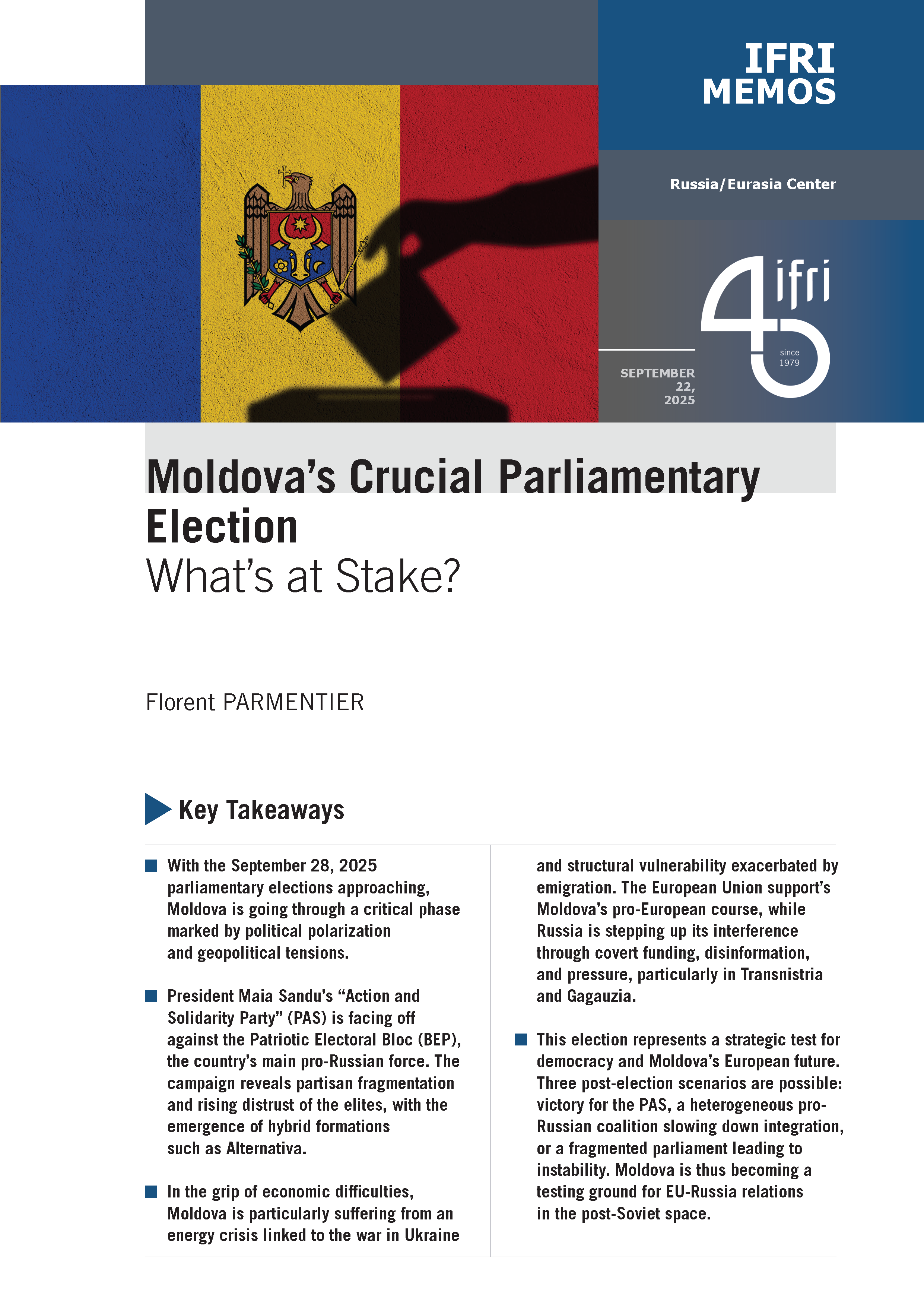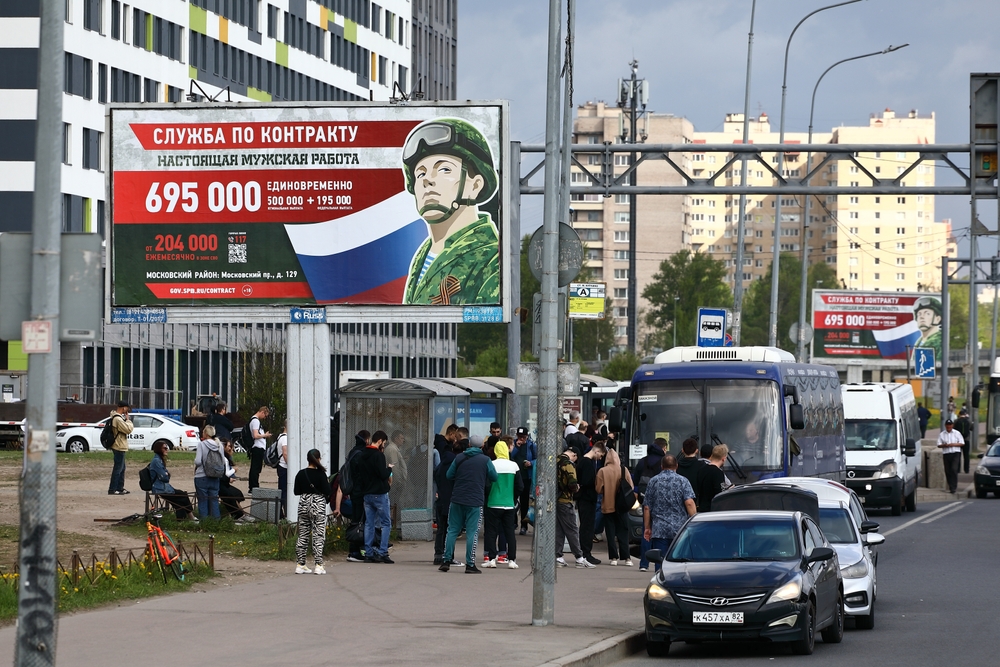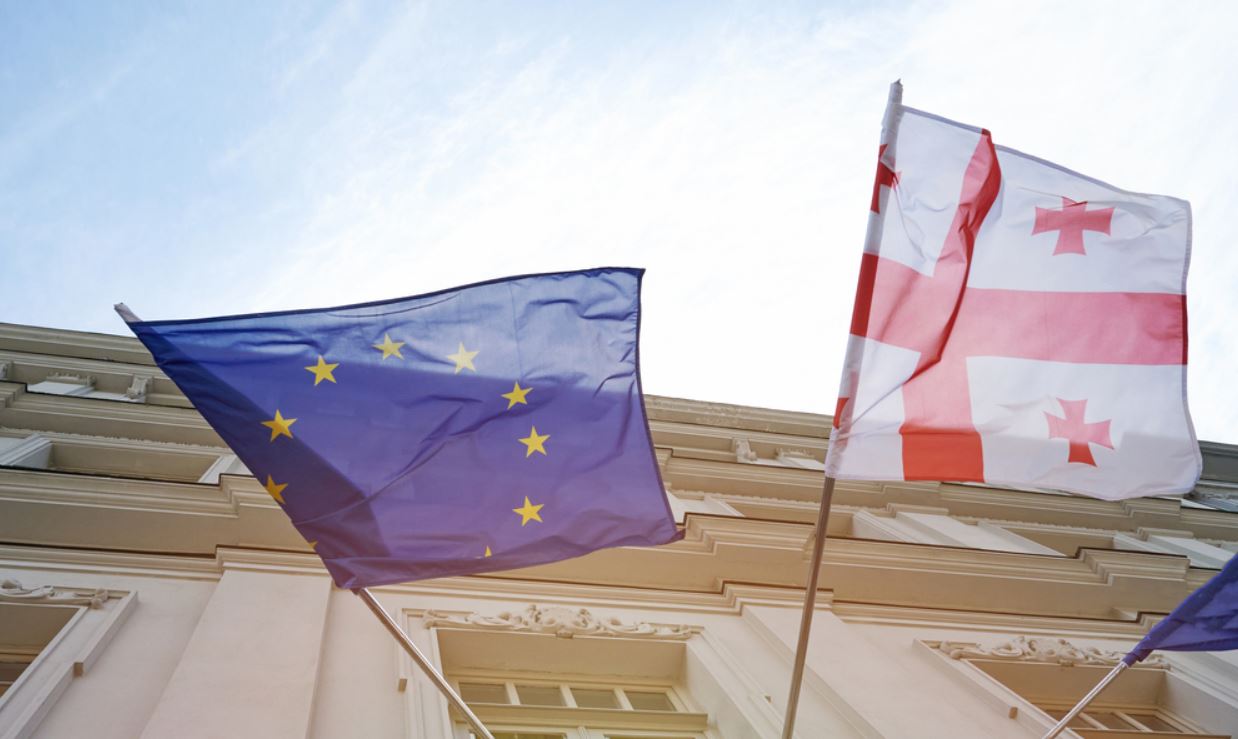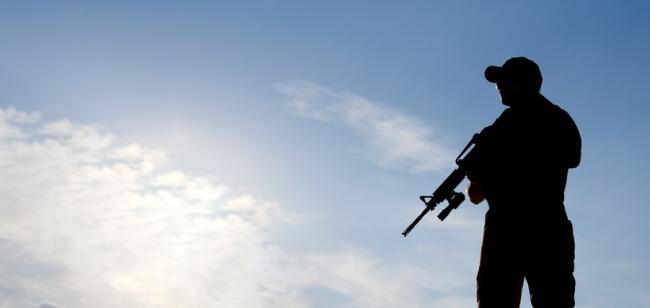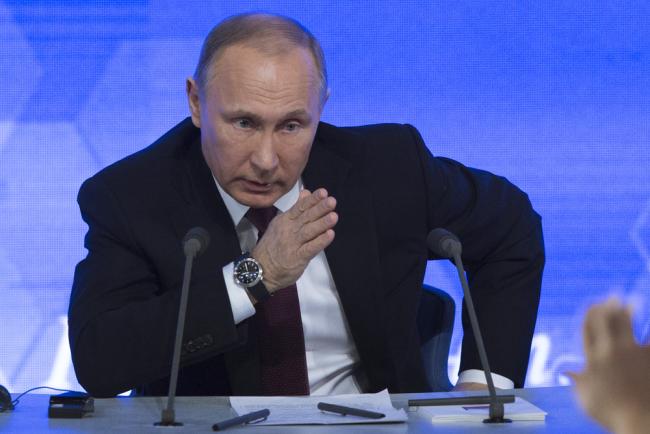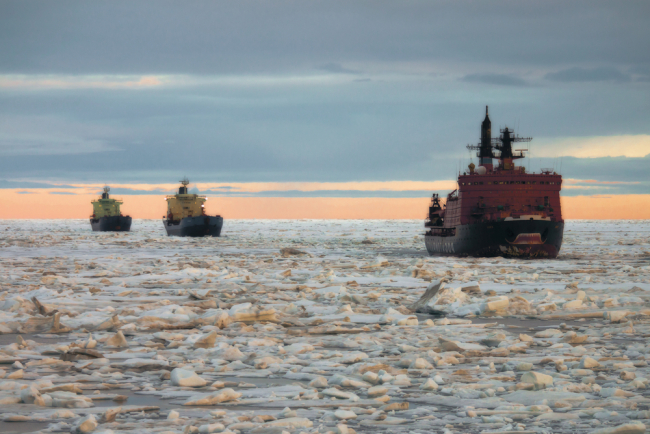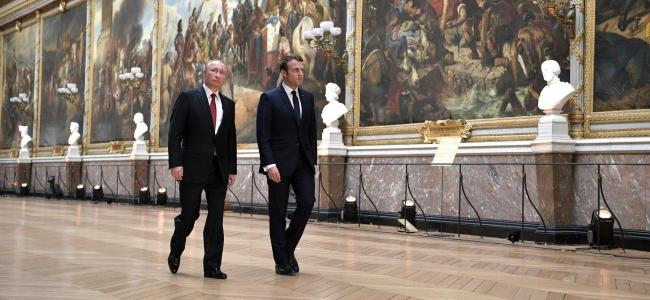Russia/Eurasia Center
Founded in 2005 within Ifri, the Russia/Eurasia Center conducts research and organizes debates on Russia, Eastern Europe, Central Asia, and the South Caucasus. Its goal is to understand and anticipate the evolution of this complex and rapidly changing geographical area in order to enrich public discourse in France and Europe and to assist in strategic, political, and economic decision-making.
Read more


Director of the Russia/Eurasia Center, Ifri
Publications
See all our interventions
Flagship Publications
Titre Bloc Axe
Research Areas
See all our interventions
Titre Axe de recherche
Russian Economy and Society
The Economy and Society research axis within Ifri's Russia/Eurasia Center is interested in economic questions including the impact of Western sanctions on the Russian economy as well as the evolution of society (demography , middle classes, youth, education, opposition, militarization, protest movements, etc.).
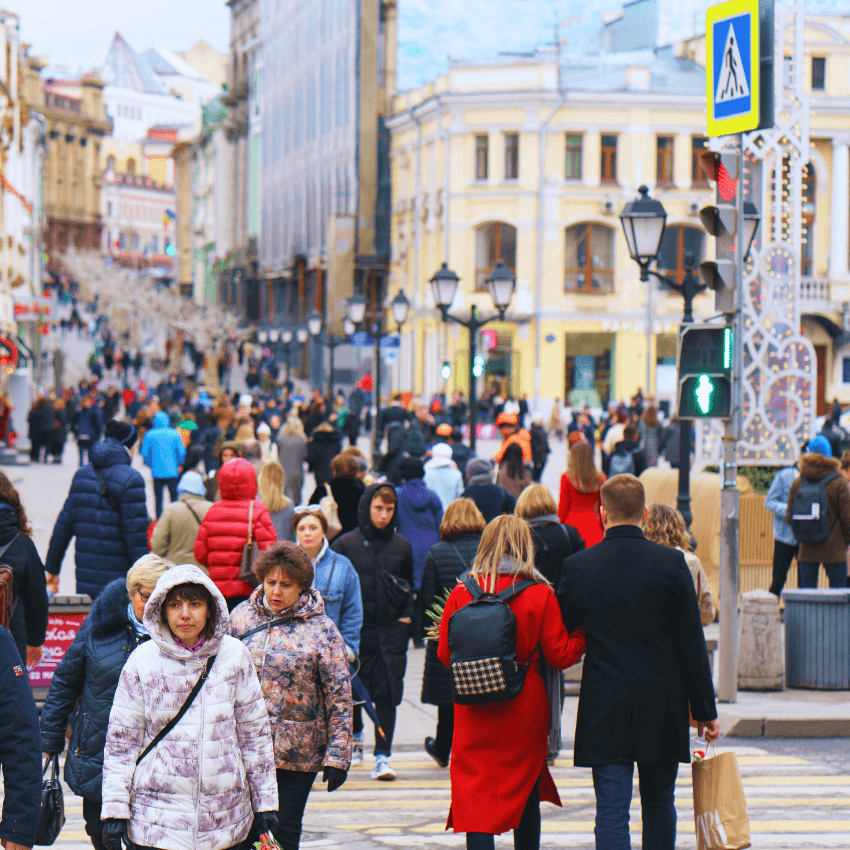
Titre Axe de recherche
Russian Domestic Politics
The Domestic Politics research axis within Ifri's Russia/Eurasia Center analyzes Russian domestic politics, the evolution of the political system and its elites, as well as their relations with society.

Titre Axe de recherche
Russian Foreign Policy and Defense
The Foreign Policy and Defense research axis within Ifri's Russia/Eurasia Center examines Russia's relations with the former Soviet republics and the rest of the world, particularly the West and China. A specific importance is given to defense and security issues.
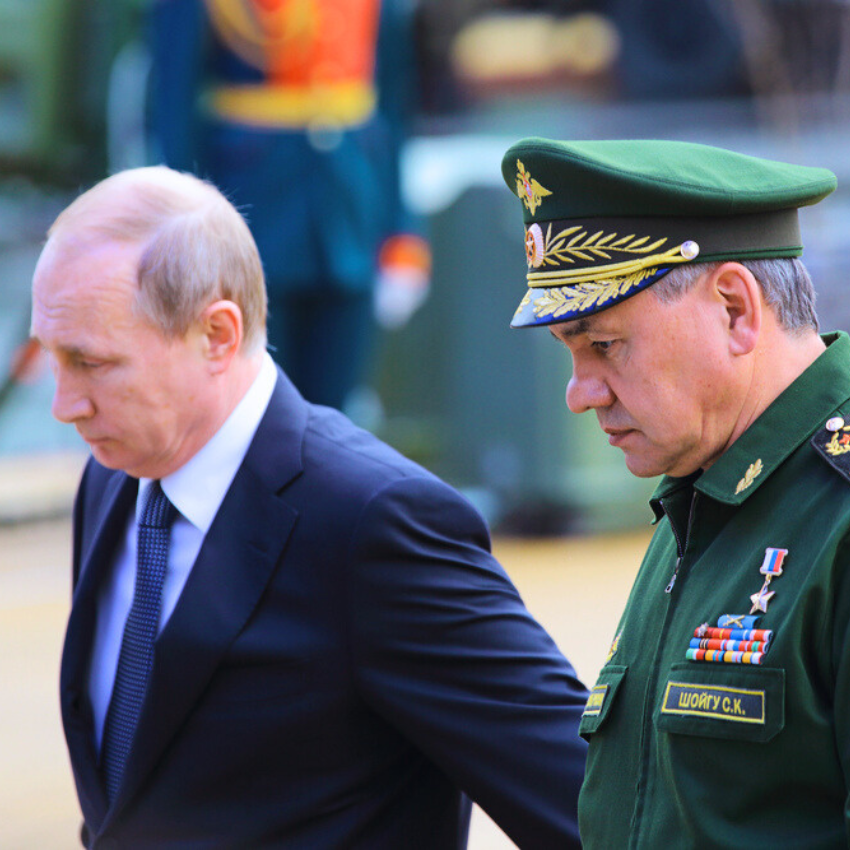
Titre Axe de recherche
Eurasia
The Eurasia research axis within Ifri's Russia/Eurasia Center analyzes internal developments in Ukraine, Moldova, Belarus, Georgia, Armenia, Azerbaijan, Kazakhstan, Uzbekistan, Turkmenistan, Tajikistan and Kyrgyzstan, as well as their relations with the Russian Federation and other regional and global powers.
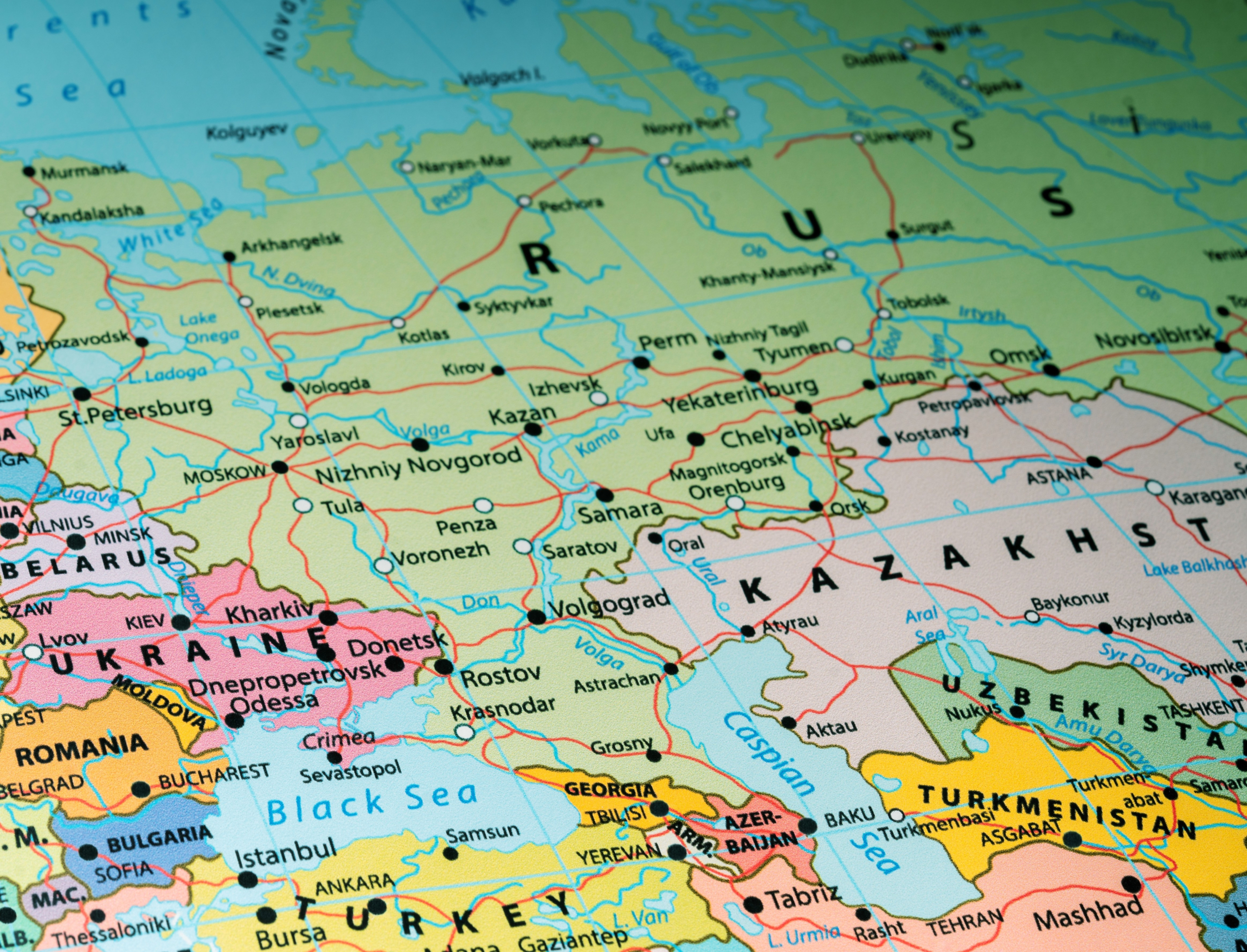
Publications
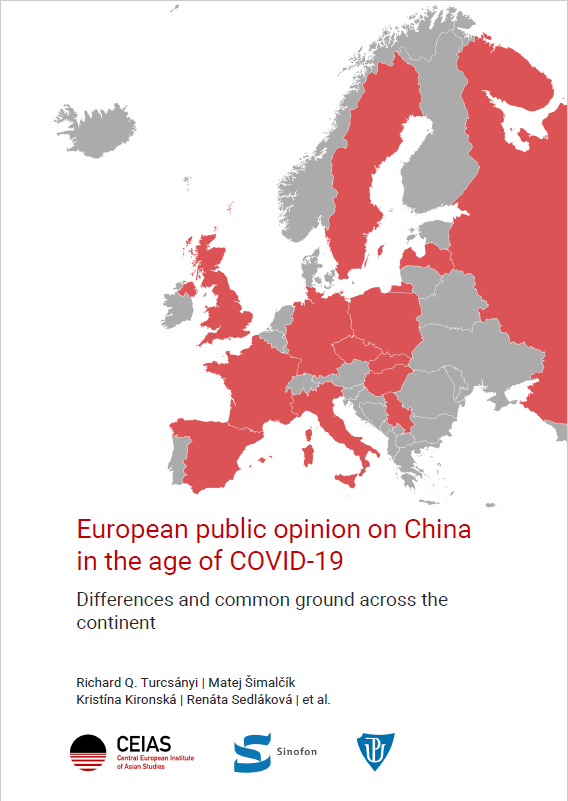
European public opinion on China in the age of COVID-19: Differences and common ground across the continent
In September and October 2020, the Sinophone Borderlands project at Palacký University Olomouc conducted a wide-scale survey of public opinion on China in 13 European countries. The polled countries include: Czechia, France, Germany, Hungary, Italy, Latvia, Poland, Russia, Serbia, Slovakia, Spain, Sweden, and the United Kingdom. Here, we present the basic findings of the survey, which are a result of a joint analysis of the survey data by the Central European Institute of Asian Studies (CEIAS) and Sinophone Borderlands.
One Year of Zelensky’s Presidency: One Step Forward, One Step Back
The election of Volodymyr Zelensky as president of Ukraine created very high expectations in the society.
Russian Private Military Contractors in Sub-Saharan Africa: Strengths, Limitations and Implications
Since 2014, Russia has notably intensified its policies in Africa, joining the race for local markets and opportunities presented by the rapidly growing and transforming continent.
Russia and Latin America in the 21st Century: A Difficult Rapprochement
This article analyses Russia’s relations with Latin America in the first two decades of the 21st century in the light of global political and economic processes.
Transformation of Russian Strategic Culture: Impacts from Local Wars and Global Confrontation
Russian strategic culture is evolving fast, despite the consolidation of the ruling regime, which is maturing into a more rigid autocracy, whereby its ideological outlook becomes increasingly conservative.
Russia, the Global Sanitary Crisis and Oil Meltdown: Revisiting Power and the Enemy
In global affairs, the Covid-19 virus makes all countries, powers and individuals equal in one dimension: none is immune to or spared from contamination. In an open and interdependent world, we are all exposed to global sanitary and environmental degradations. Russia is no exception: it has gone into lockdown, with increasing economic and social costs adding up to the fall in oil and gas prices and upcoming impacts of the global recession.
Russia’s Arctic Policy: A Power Strategy and Its Limits
Despite the deterioration of its relations with the West and economic stagnation limiting its room for maneuver, Russia continues to have an ambitious policy for the Arctic region.
Russia’s Energy Strategy-2035: Struggling to Remain Relevant
Russia’s Energy Strategy to 2035 (ES-2035) enters, finally, the home stretch. The Ministry of Energy submitted its version of the document to the Russian Government in early October 2019.
Is a 'Reset' Between France and Russia Needed and, If So, Is It Possible?
As Emmanuel Macron hosts Angela Merkel, Vladimir Zelenskiy, and Vladimir Putin for a summit aimed at resolving the Ukraine conflict, it is worth taking stock of the French leader’s Russia policy to try to discern what Paris’s policy toward Moscow can and cannot achieve.
Friends in Need: Whither the Russia-India Strategic Partnership?
This paper explores the latest developments in key spheres of the Russia-India relationship in order to identify the state of bilateral ties at a time when South Asia has turned into an area of geopolitical contest of both global and regional powers.
The Team

Our research fellows: Russia/Eurasia Center
Support independent French research
Ifri, a foundation recognized as being of public utility, relies largely on private donors – companies and individuals – to guarantee its sustainability and intellectual independence. Through their funding, donors help maintain the Institute's position among the world's leading think tanks. By benefiting from an internationally recognized network and expertise, donors refine their understanding of geopolitical risk and its consequences on global politics and the economy. In 2025, Ifri supports more than 80 French and foreign companies and organizations.







